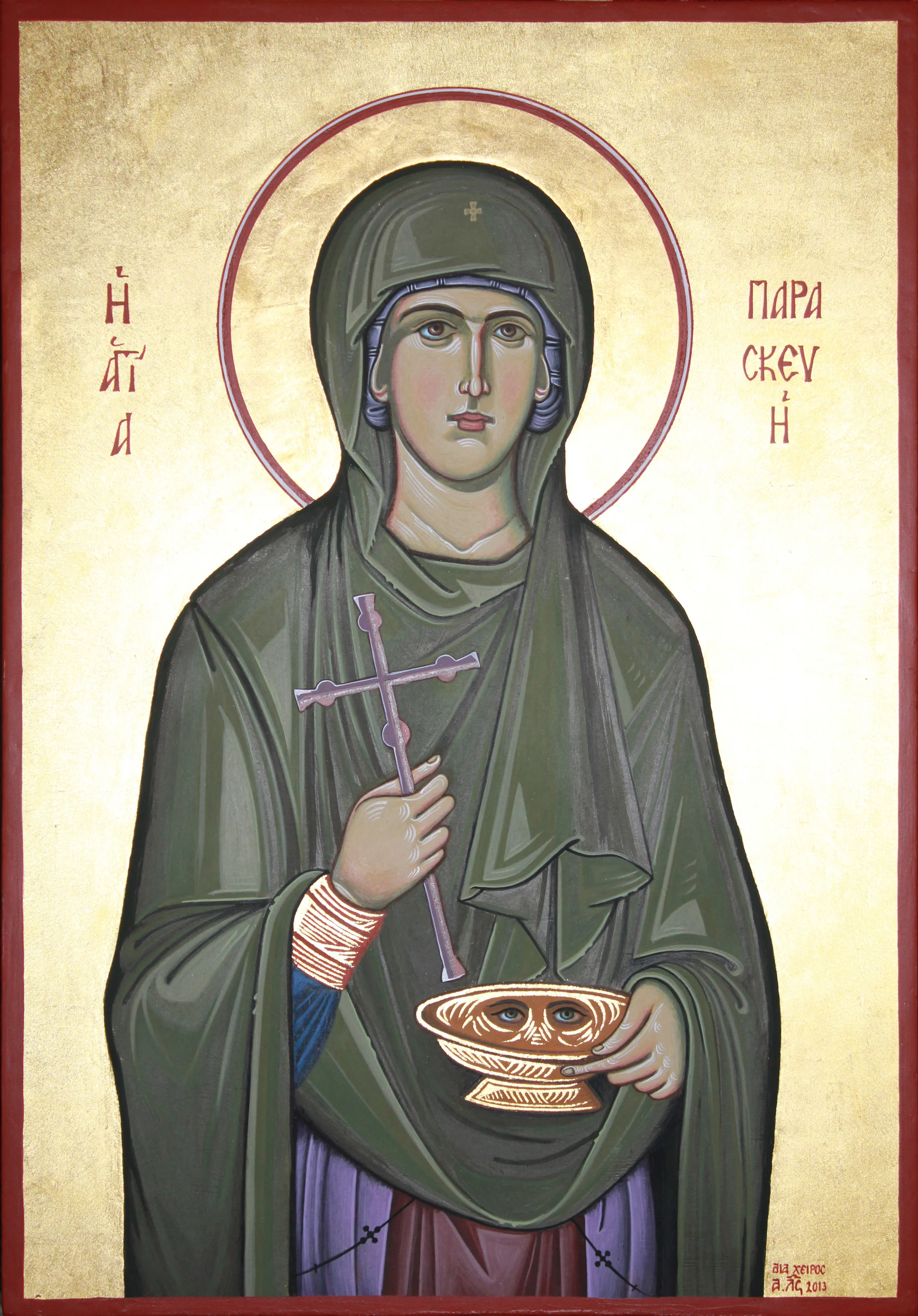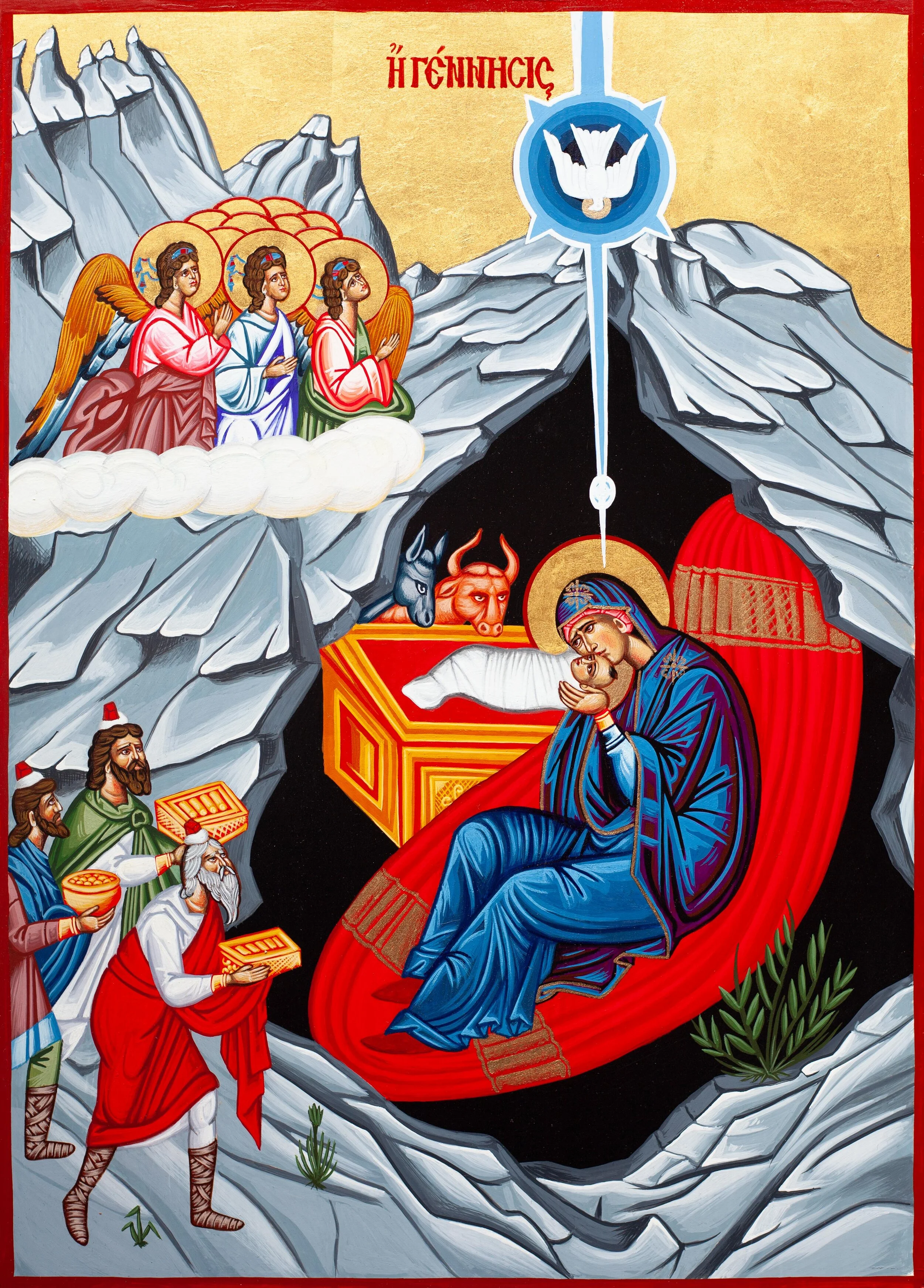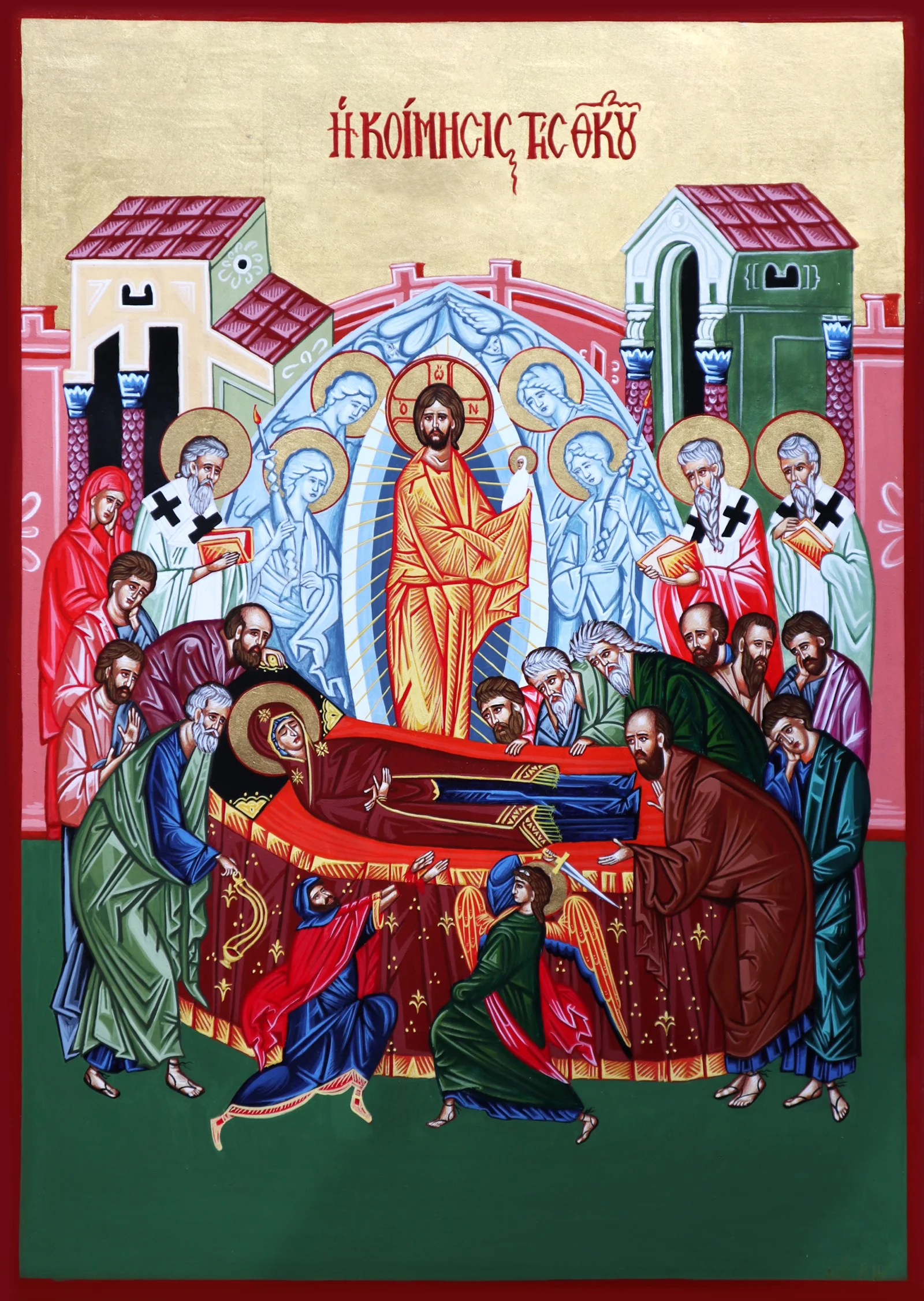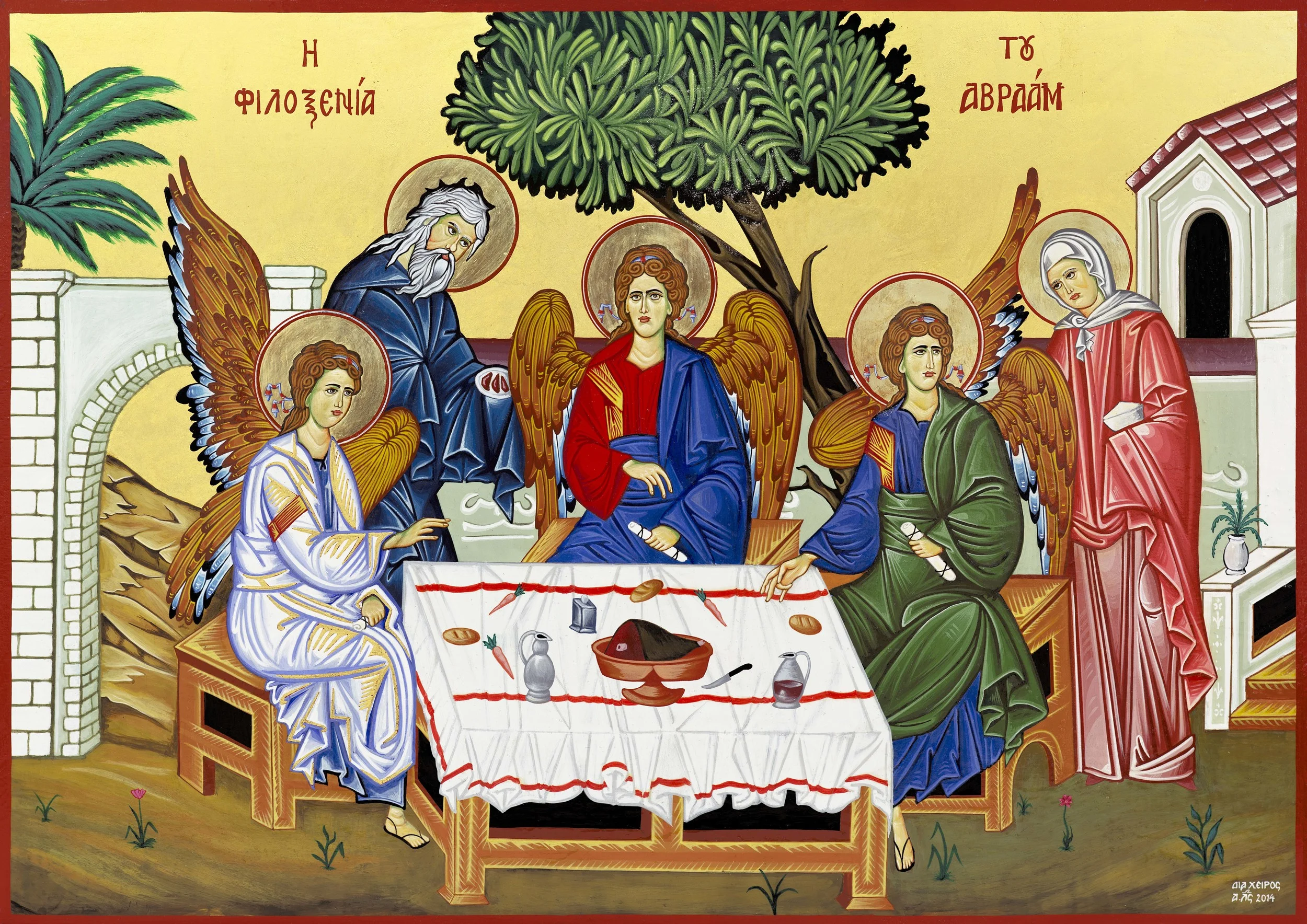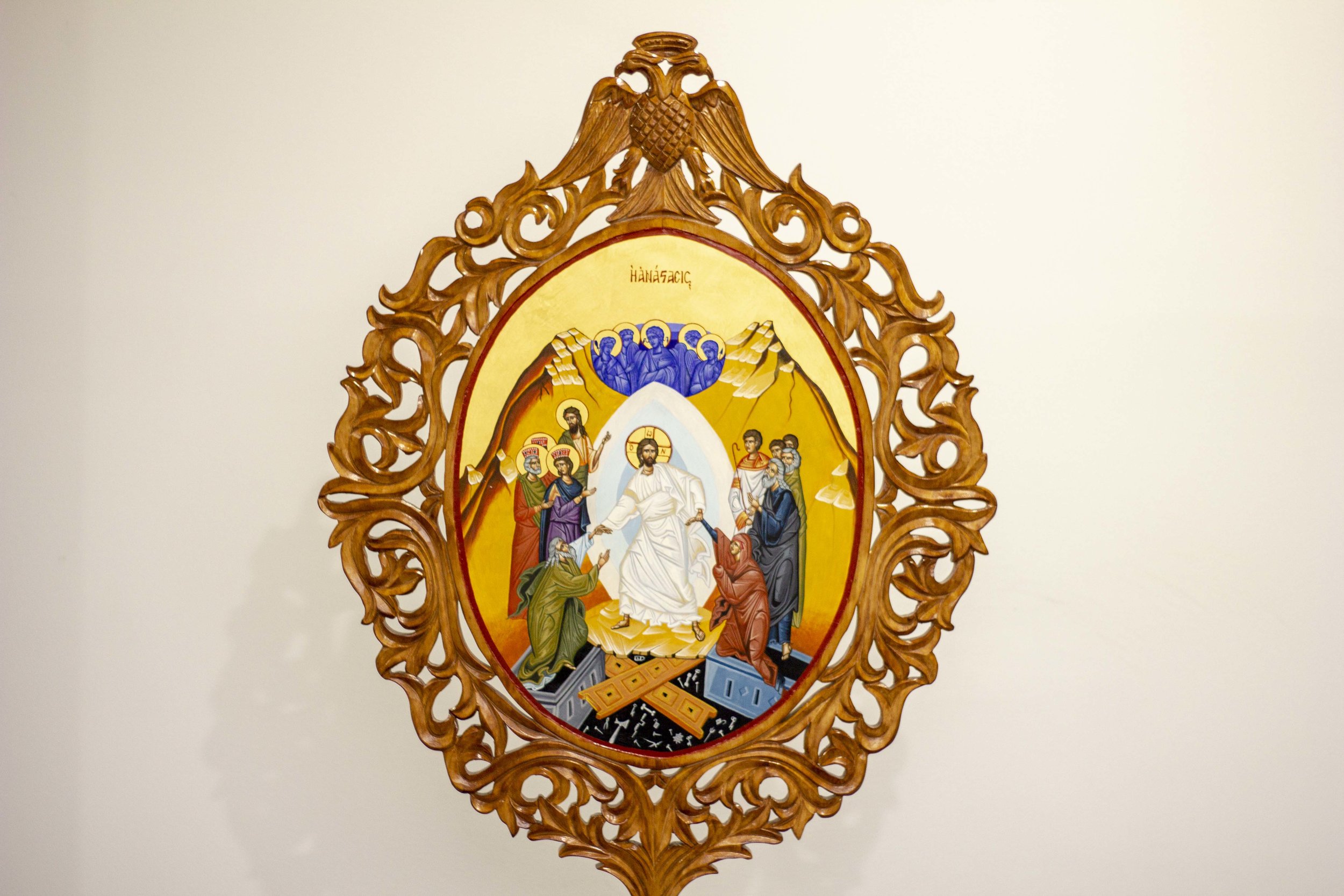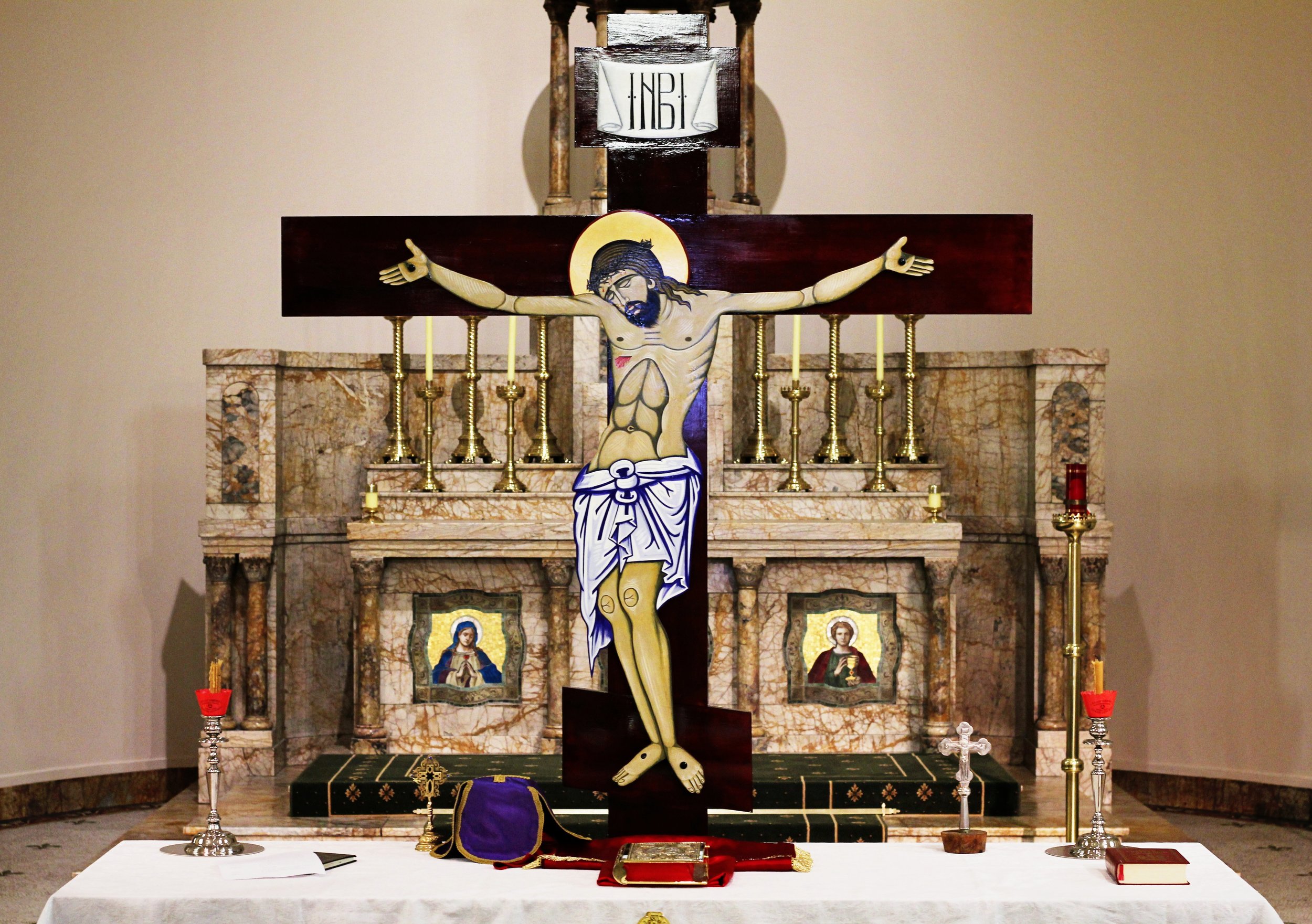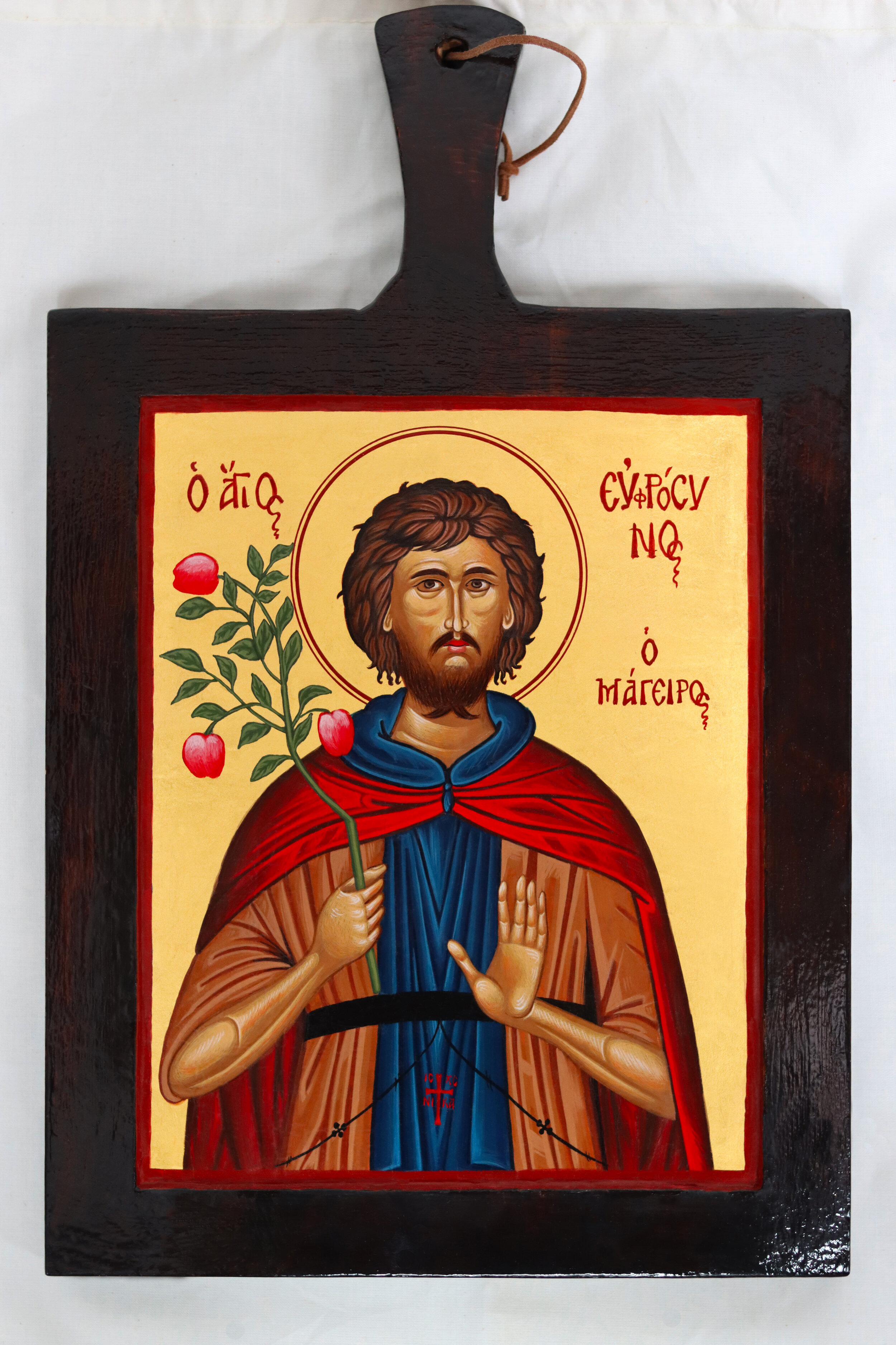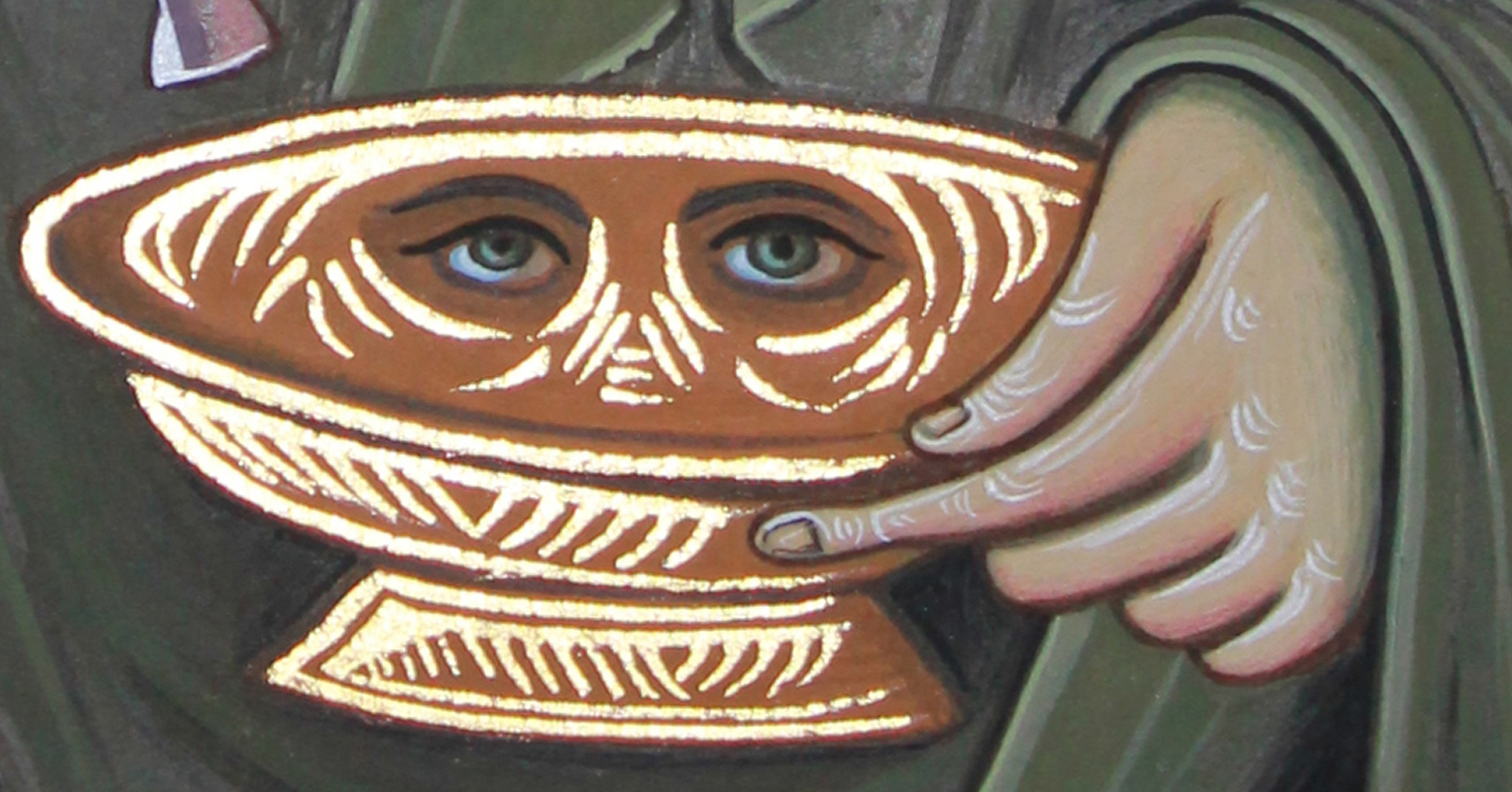Octavian is a Roman name that means “eighth.” The name was originally given, perhaps, to the eighth child in a family. The feminine version of this name is Octavia.
Sometimes we have very little specific information about a saint. This is the case with St. Octavian.
Octavian was in Archdeacon in the church in Carthage, an extremely important city in the Roman empire located in northern Africa.
An Archdeacon is a very important position in the Church. In the Eastern Catholic Churches, it is the most senior position in the Church next to the Bishop; these are all very powerful offices in governing the Church and ministering to the people.
Octavian believed that Jesus was fully human and fully divine, completely equal to God the Father and existing at the same time. This teaching was opposed by a priest named Arius who taught that God created Jesus at some point in time. Those who followed the teachings of Arius were called Arians. The Church fought against this heresy, also called the Arian heresy or false teaching.
During Octavian’s lifetime, some members of the Vandals, a tribe from East Germany, became followers of Arius. One of these was King Hunneric who ruled over Carthage and many other places in Europe and northern Africa. After initially treating the Christians leniently, King Hunneric began a persecution of them because their religious beliefs opposed his own and because he wished to seize their property for himself. During this persecution, many Christians were killed for their faith. These included St. Octavian whom we presume was captured not only because he was a Christian but also because he was well known and held high positions of authority in the Church. Saint Octavian died 484 A.D. His feast day is 22 March.
Painted with egg tempera with 23kt gold leaf on a gessoed panel.
Prints available upon request, order here.

